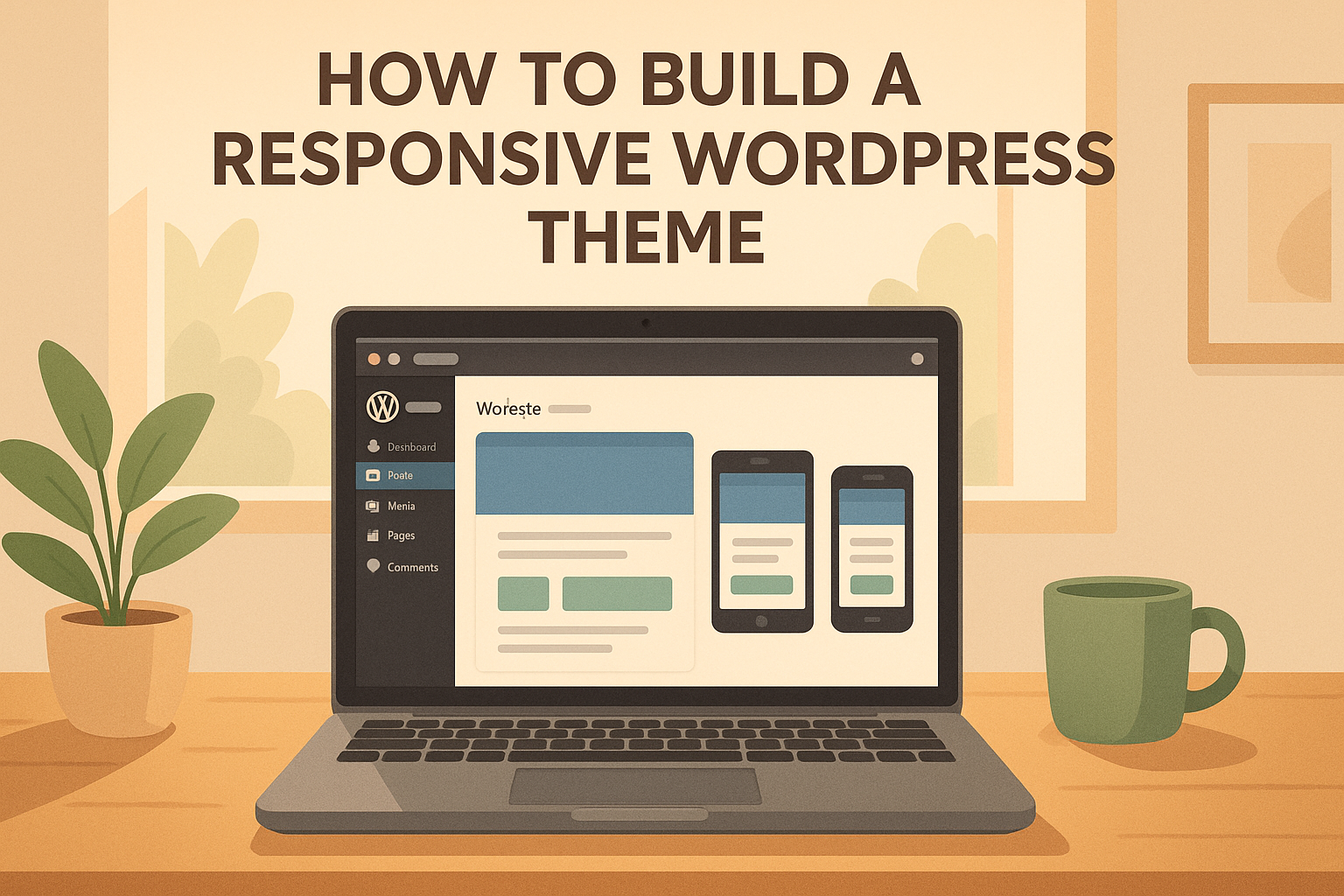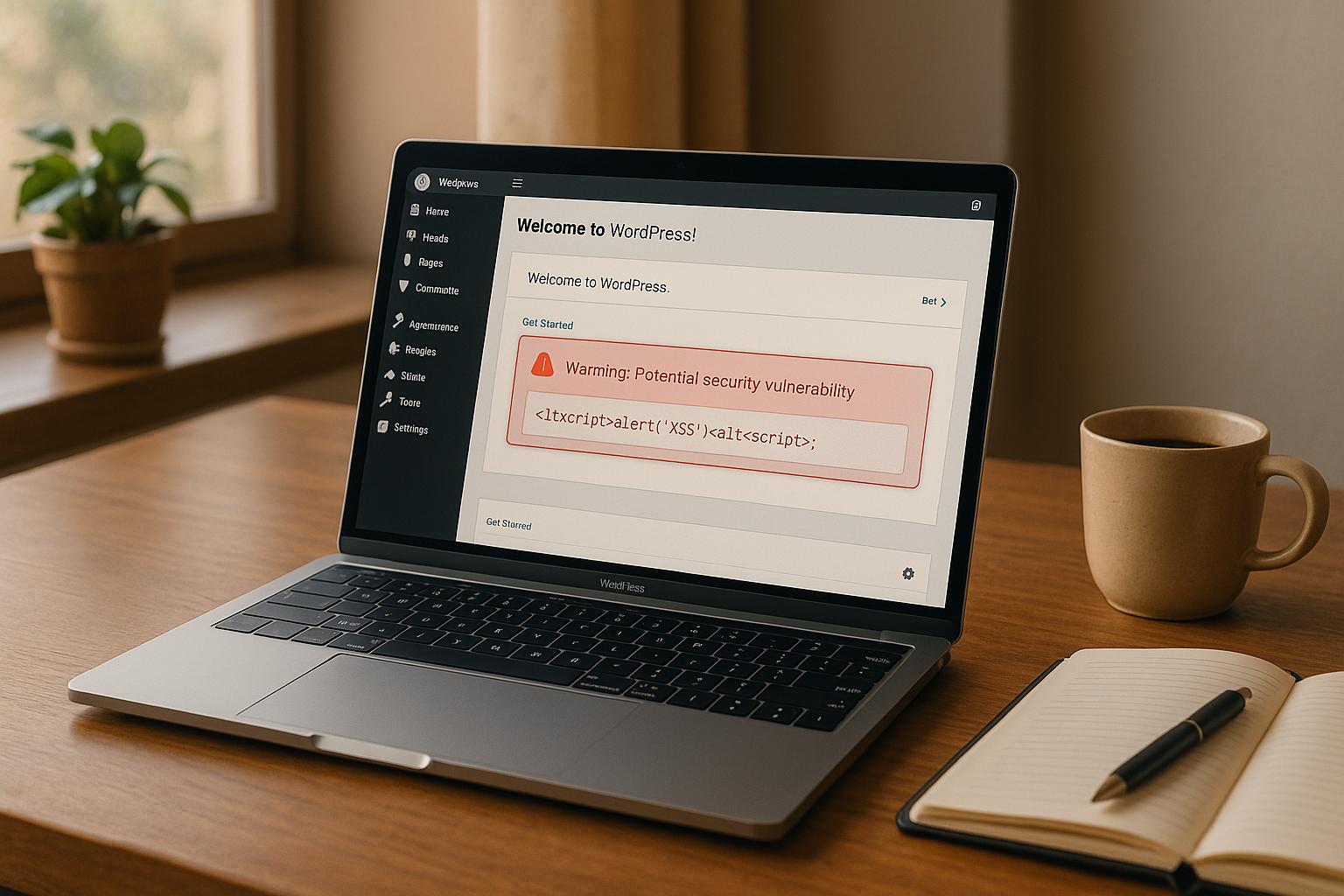WordFence – the WordPress Security company – has released a report of WordPress attacks globally in December 2016 which makes for interesting reading.
Examining the top 25 IP address is responsible for attacks on WordPress websites. 80 million originated in Ukraine from four netblock owners:
- PE Tetyana Mysyk
- Pp Sks-lugan
- Kyivstar GSM
- ISP Datasvit network
24 million originated in France and 18.4 million from Russia.
The report splits the data into two types of attack
- Brute force attack – which tries to guess the WordPress password
- Complex attack – which tries to exploit a vulnerability in WordPress or associated plugin.
Complex attacks (63 million) found to be from fewer, most active IPs. A finding the authors accredit to the fact that these are more sophisticated attackers who have the ability to attack vulnerabilities and in huge volume.
During December 2016 there were more than 3 million to 8 million blocked complex attacks per day.
Brute force attacks (67 million) were more common and noticeable from a higher number of IPs but at a reduced volume. As these attackers are less sophisticated. Furthermore, the brute force attack is likely to be far less successful due to the very nature of the attack.
Towards the end of December 2016, there was a huge peak in blocked brute force attacks. Therefore, reaching over 45 million in a 48 hour period.
Take-Home Conclusions
What Does This Data Mean For Your WordPress Security? It re-emphasises the importance of being vigilant about your WordPress security.
Brute force attacks can be blocked by various plugins, such as the WordFence Security plugin and it is essential that you insert one on your website.
If you’re unsure how to add this type of plugin or are concerned by the warning they display before installing. Please feel free to contact us for installation assistance.
Since complex attacks are targeted at vulnerabilities in WordPress themes and WordPress plugins. You can reduce the risk of attack by keeping your core WordPress system and plugins up to date. The data reported showed that all attacks were via publically known vulnerabilities and many of these plugins date back to 2012.
Read the full WordFence report here.
If you’re worried about your WordPress security, we offer a FREE security audit. Which examines, detects and provides a fully detailed report looking at potential vulnerabilities within your WordPress website.
Alternatively, contact us to discuss any concerns you have about your WordPress website – we’re sure to be able to help.







